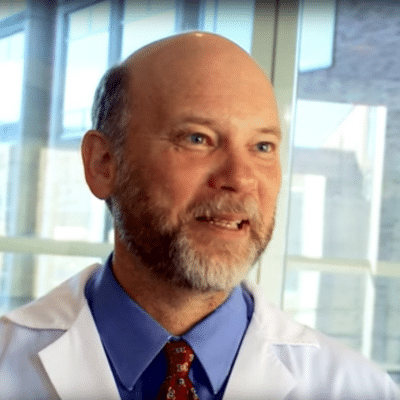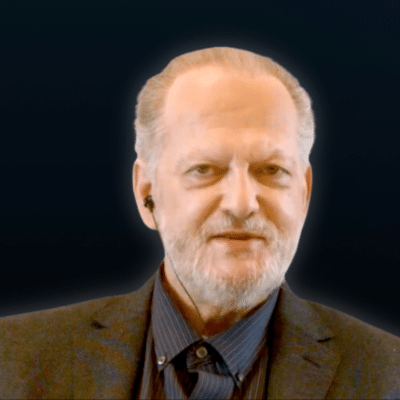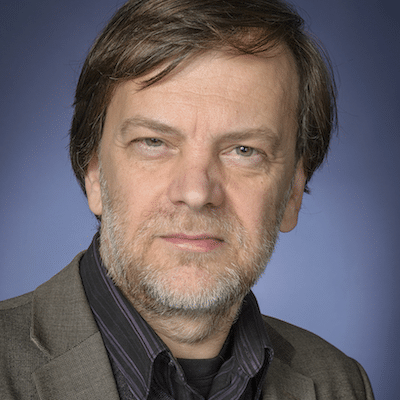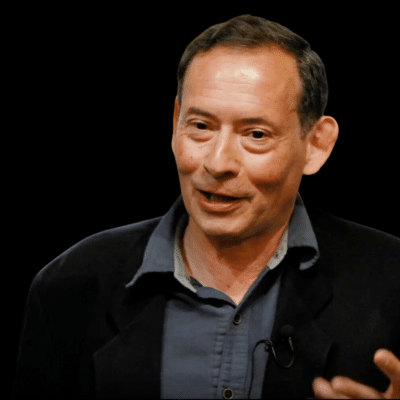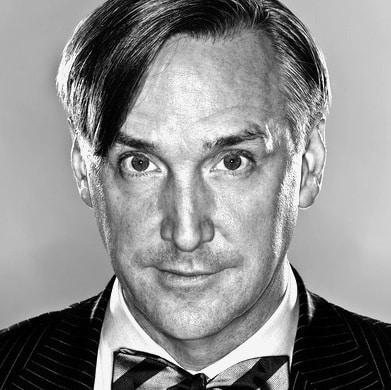Will new developments in the mind and brain sciences forge a path in which consciousness and the brain is once again at the center of a unified approach to academic life?
Bernard J. Baars, PhD
Our Vision
The great challenge for the academic world is to reimagine the role of consciousness in the university curriculum.
We now have forty years of significant scientific research on the role of the conscious brain and how it relates to emotions, cognitions, development, and language that we can envision an integrated conception of the human mind, combining the humanities and the sciences.
Our Goals
Throughout human history, people have perceived the conscious brain as the great nexus of human life, of social relationships, of their personal identities and histories, in encounters with new challenges. Consciousness under its many labels and manifestations is widely seen to be one of the core mysteries of life.
Making progress in understanding consciousness has a vast number of implications – philosophical, metaphysical, scientific, clinical, and practical. Many therapeutic approaches can be viewed in a Global Workspace framework, including:
- traditional psychodynamics
- depth psychology
- cognitive behavioral techniques
- many carefully studied human functions
About Bernard Baars, PhD
As professor of psychology at the State University of New York, Stony Brook, and as faculty member at the Wright Institute, he conducted research into the causation of human errors and the Freudian slip. A former Senior Fellow in Theoretical Neurobiology at The Neurosciences Institute in La Jolla, CA., he is currently a Senior Distinguished Fellow at Center for the Future Mind (FAU), Florida Atlantic University.
Baars co-founded the Association for the Scientific Study of Consciousness and the Academic Press journal Consciousness and Cognition: An International Journal, which he also edited, with William P. Banks for fifteen years. His current research and publications on global workspace theory continue with Professor Stan Franklin, Professor Robert Kozma, and others.
About Global Workspace Theory
GWT is a widely used framework for the role of conscious and unconscious events in the functioning of the brain. Global Workspace Dynamics is the most current version of GWT – attempting to account for complexities of the living brain.
Baars’ new book, “On Consciousness: Science & Subjectivity” is a resource for the seminars. These updated works, from the recipient of the International Neural Network Society 2019 Hermann von Helmholtz Life Contribution Award for paradigm changing, long lasting influence and impact in perception:
- Form a coherent effort to organize a large and growing body of scientific evidence about conscious brains
- Trace the beginnings of GWT/GWD through the continued rise of brain evidence & psychological understanding
Your Science Teachers
Meet Our Professors & Experts
We Teach Science on Our Podcast, It Keeps Us Out of Trouble.

Bernard Baars is the recipient of the 2019 Hermann von Helmholtz Life Contribution Award by the International Neural Network Society.
This award recognizes outstanding achievements in perception by individuals whose scientific life contribution to the field of neural networks was proven to be paradigm changing and long lasting.

